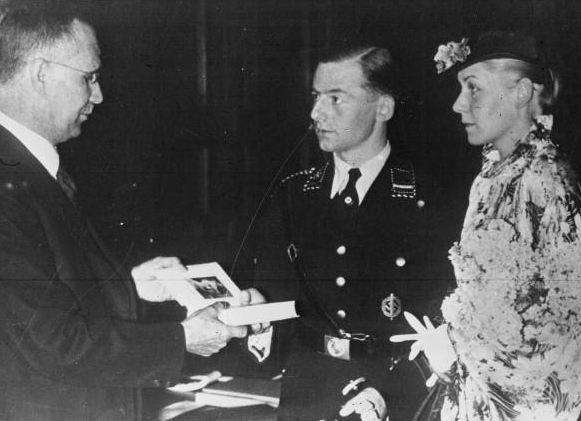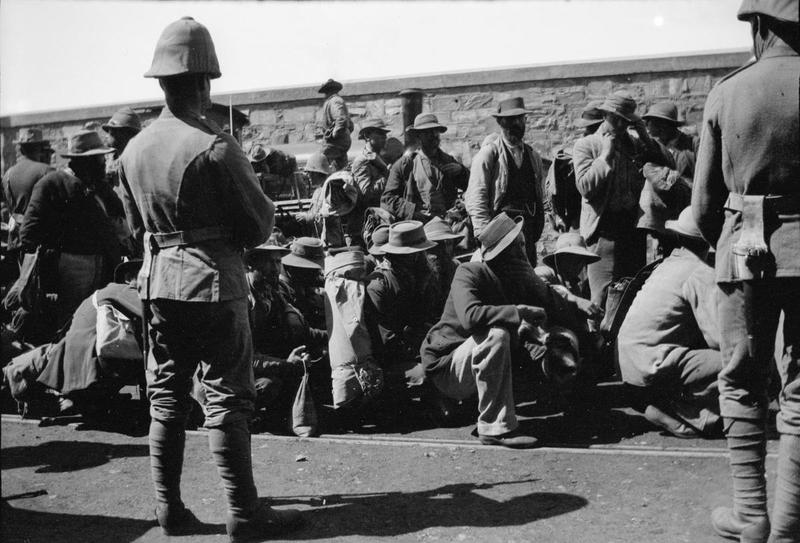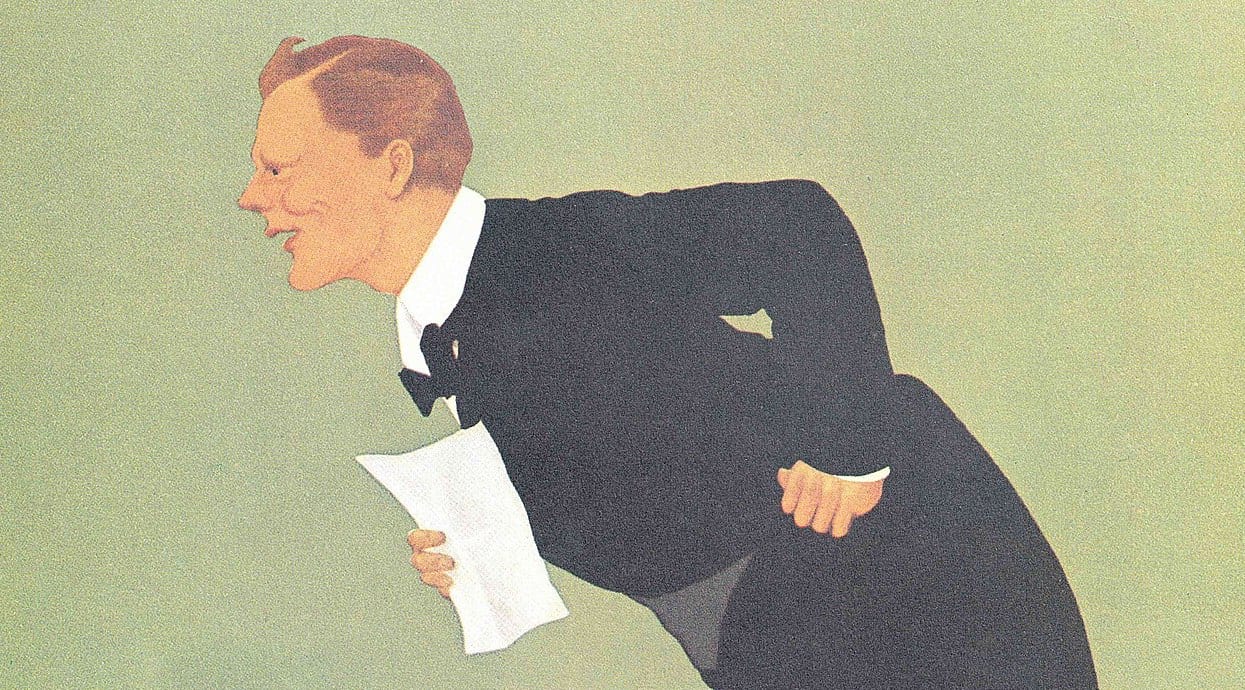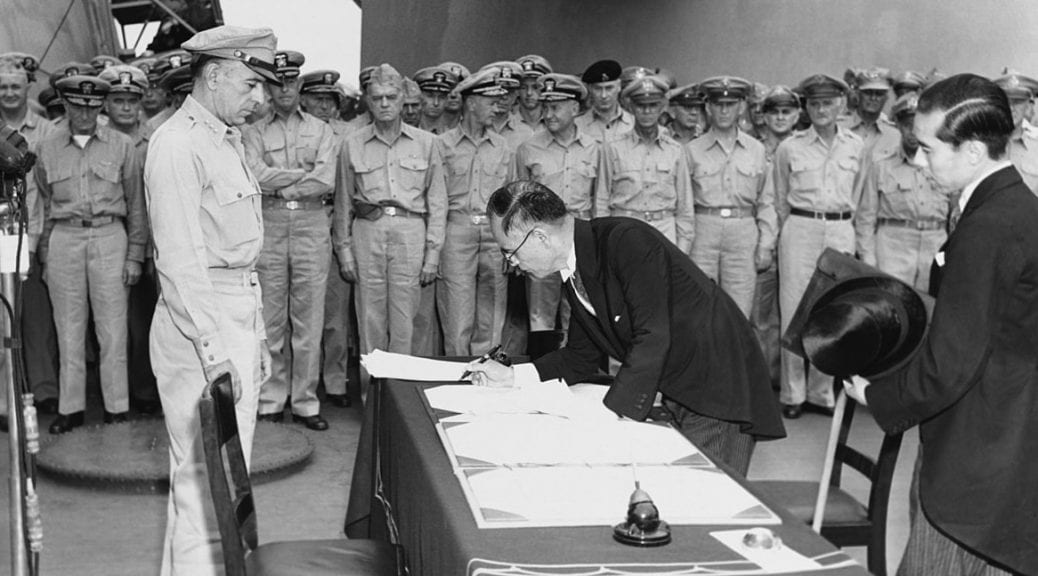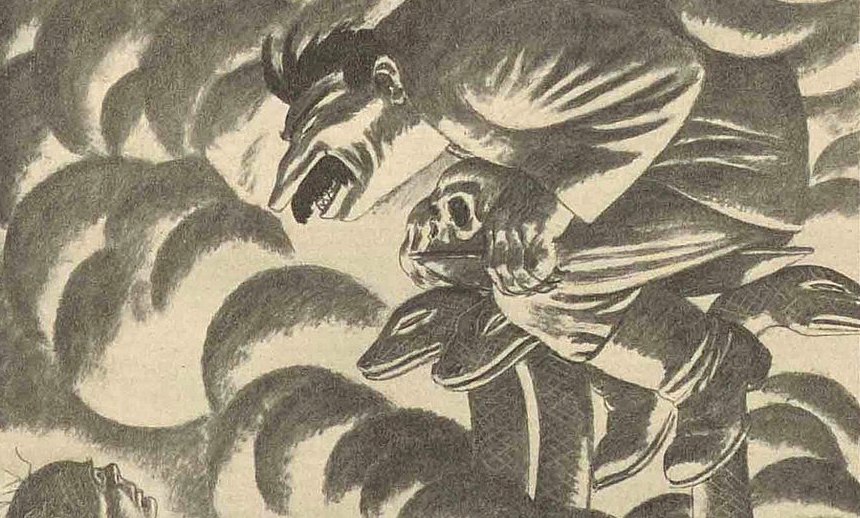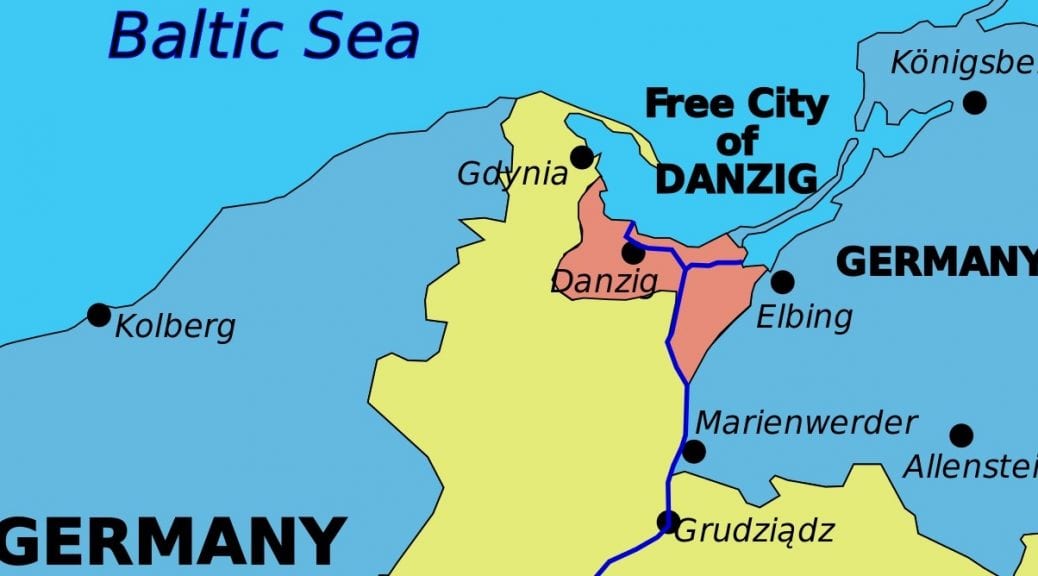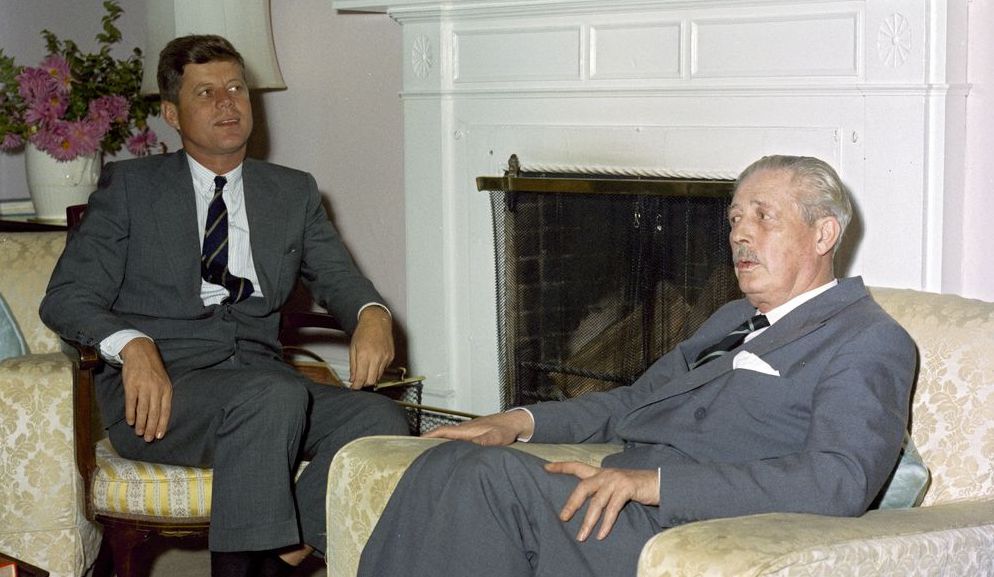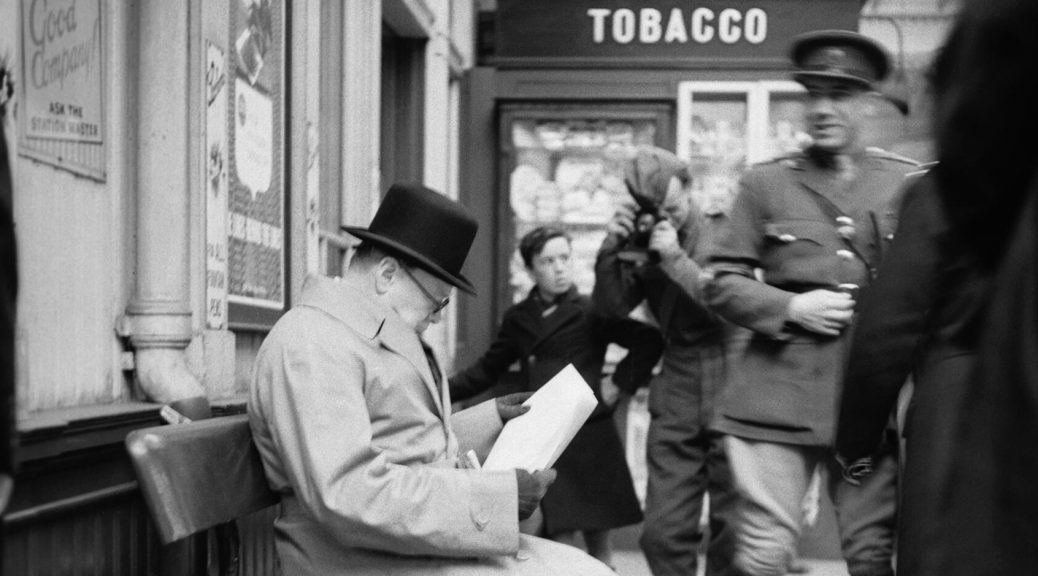
Unpunctuality: Churchill Tried and Repeatedly Failed to Cure Himself
I have been told that Churchill arrived late for a meeting with HM The Queen, expressing his regret by saying, “My sincere apologies Madam, I started too late.” But I haven’t found any reference to this. Can you help? —A.P.H., England
A: His perennial viceChurchill had somewhat cured his unpunctuality in later years, when as prime minister he commanded prompt transportation. He was not known to be late for Queen Elizabeth II. But his unpunctuality was known to have displeased the Prince of Wales, later Edward VII (1901-10). And here is the source of your story.…
